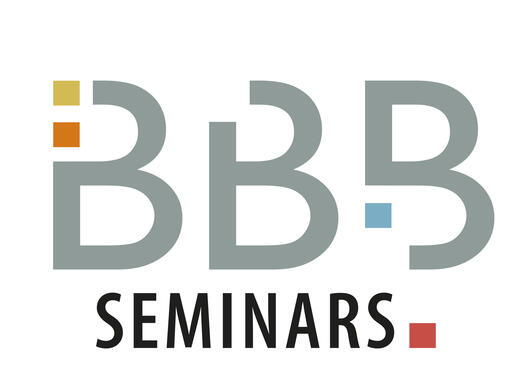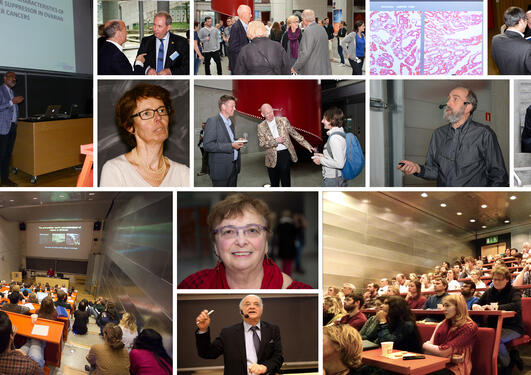CCBIO seminar: Shin Kaneko
iPSC-based killer cell regeneration for cancer immunotherapy
Main content
Shin Kaneko
Department of Cell Growth and Differentiation, Center for iPS Cell Research and Application (CiRA), Kyoto University, Kyoto City, Japan
For T cell immunotherapy, the important points for good clinical benefit is to keep antigen-specificity, younger memory function and a high quantity of T cells. Although CD19 CAR- T-cell immunotherapy has had tremendous success, some patients do not respond well because of insufficient quality and quantity of the patient’s T cell for CAR modification and CAR-T function in the body. iPS reprogramming technology can instill anti- cancer T cells a younger phenotype, clonality and quantity. Also, in cases using non-T cell derived non-antigen-specific iPS cells, antigen-specific receptor modification of the iPSC can give cancer-specificity to the differentiated T cells. To establish such a regenerative and rejuvenated T cell immunotherapy, we developed a system to efficiently produce T cells from iPS cells. In this presentation, we will introduce basic research and clinical development of iPSC-based immune cells modified by antigen-specific receptors.
Chairperson: James Lorens, CCBIO
References:
- Kawai Y, et al. Generation of highly proliferative, rejuvenated cytotoxic T cell clones through pluripotency reprograming for adoptive immunotherapy. Molecular Therapy 29(10):3027-3041.2021
- Wang B, et al. Generation of hypoimmunogenic T cells from genetically engineered allogeneic human induced pluripotent stem cells. Nature Biomedical Engineering 2021(5):429-440.2021
- Iriguchi S, Yasui Y, Kawai Y, et al. A clinically applicable and scalable method to regenerate T-cells from iPSCs for off-the-shelf T-cell immunotherapy. Nature Communications 2021(12) Article number: 430.2021
- Ueda T, et al. Non-clinical efficacy, safety, and stable clinical cell processing of iPSC-derived anti-GPC3 CAR-expressing NK/ILC cells. Cancer Science 111(5):1478-1490.2020
- Xu H, Wang B, et al. Targeted Disruption of HLA Genes via CRISPR-Cas9 Generates iPSCs with Enhanced Immune Compatibility. Cell Stem Cell, 24(4):566-578.e7.
- Minagawa A, et al. Enhancing T Cell Receptor Stability in Rejuvenated iPSC-Derived T Cells Improves Their Use in Cancer Immunotherapy. Cell Stem Cell. 23(6):850-858.e4.2018
- Nishimura T, et al. Generation of rejuvenated antigen-specific T cells by reprogramming to pluripotency and redifferentiation. Cell Stem Cell. 12(1):114-26.2013


